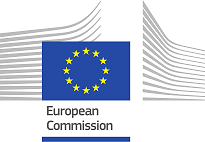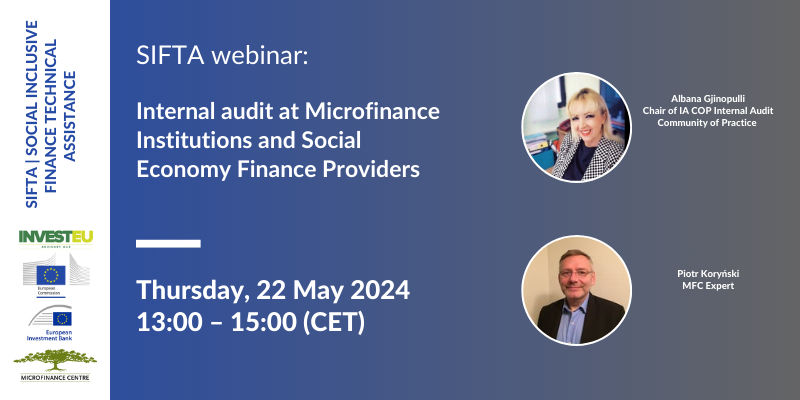Join SIFTA Webinar on Internal Audit in MFIs and SEFPs
Our Experts

Albana Gjinopulli seasoned financial expert with over 20 years of professional experience in auditing. She currently serves as Chair of the Supervisory Council of Fondi BESA and Director of the Directorate of Internal Audit Harmonization at the Ministry of Finance and Economy in Albania. Her extensive expertise covers both internal and external audits within the public sector. She previously held the position of Chair at PEMPAL Internal Audit Community of Practice and served as Director of the Department at the Supreme Audit Institution of Albania. Her skill set includes Enterprise Risk Management, Internal Audit, Audit Management, Intelligence, and CISA certification.

Piotr Koryński is a development finance and economic development specialist with significant field experience working in more than 40 countries globally. For over 10 years, he led the efforts of Soros Economic Development Fund, a social investment vehicle of the Open Society Institute to develop microfinance globally. He helped to initiate and operate 10 microfinance institutions as well industry infrastructure projects such as MIX and Microfinance Management Institute. He was also involved in microfinance policy programs to create appropriate legal and regulatory framework for access to financial services for low-income people in specific countries of Eastern Europe.
Our partners




